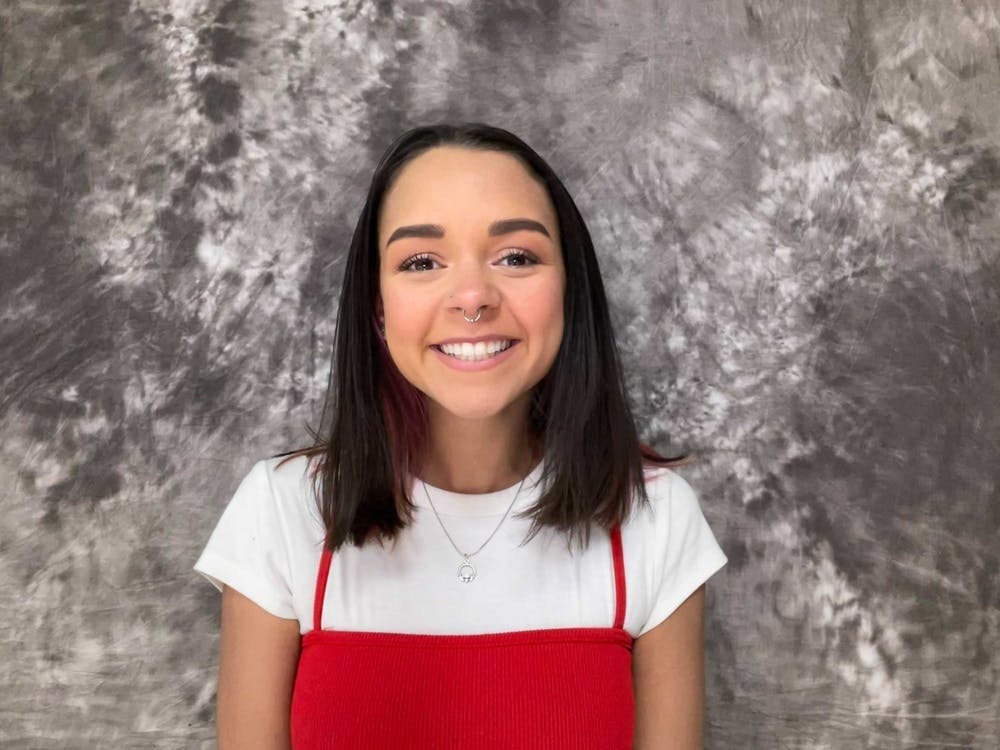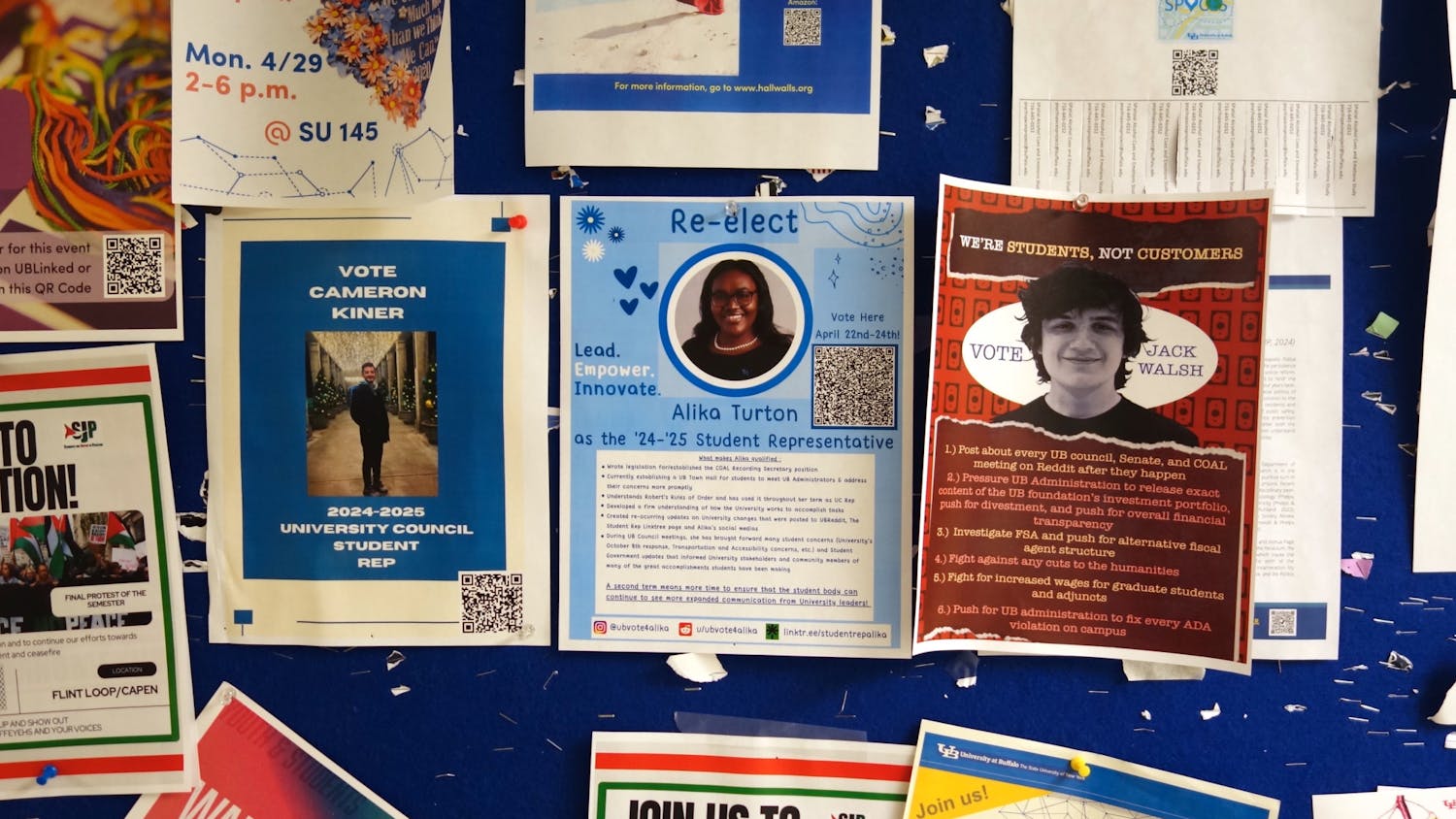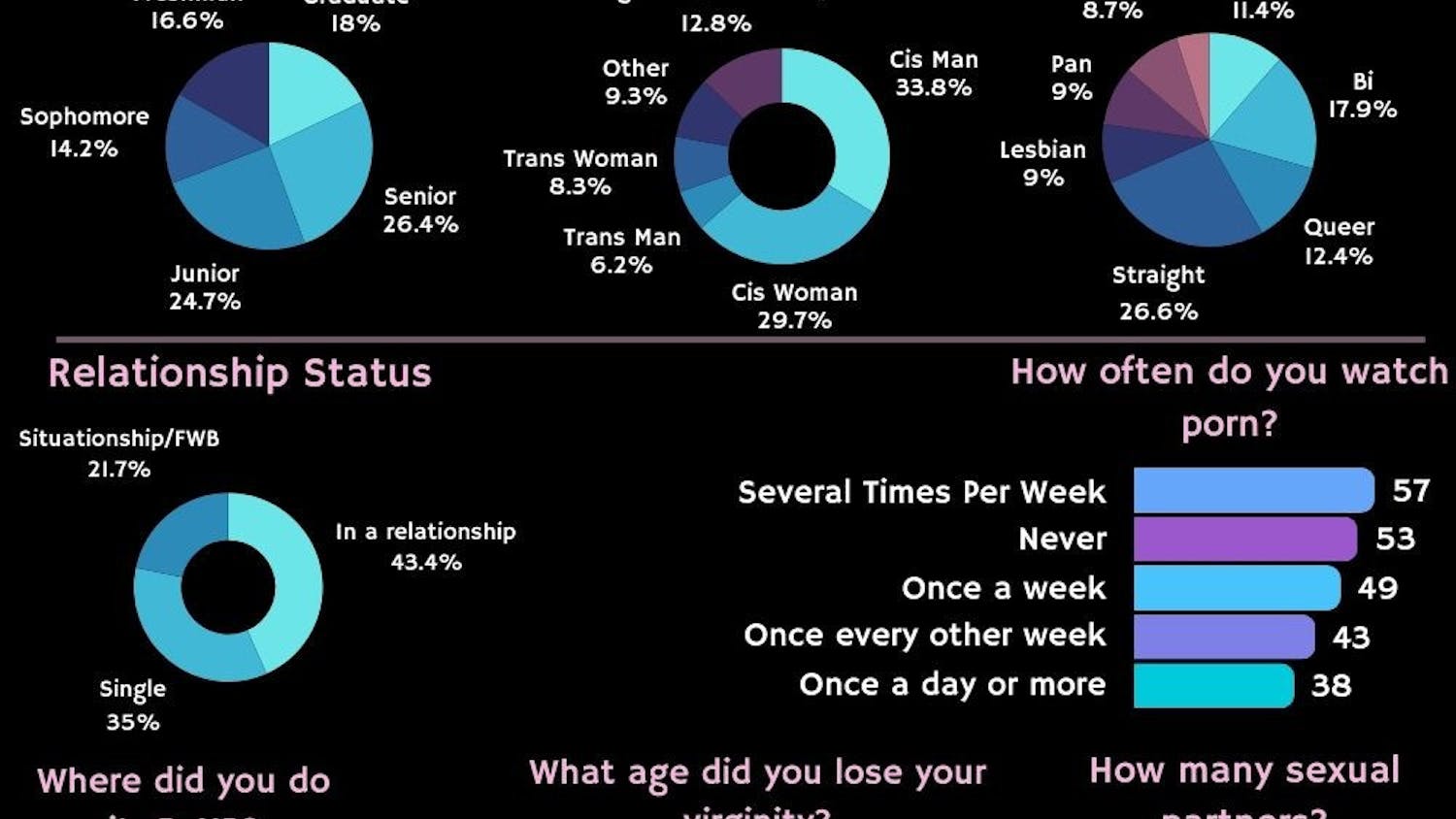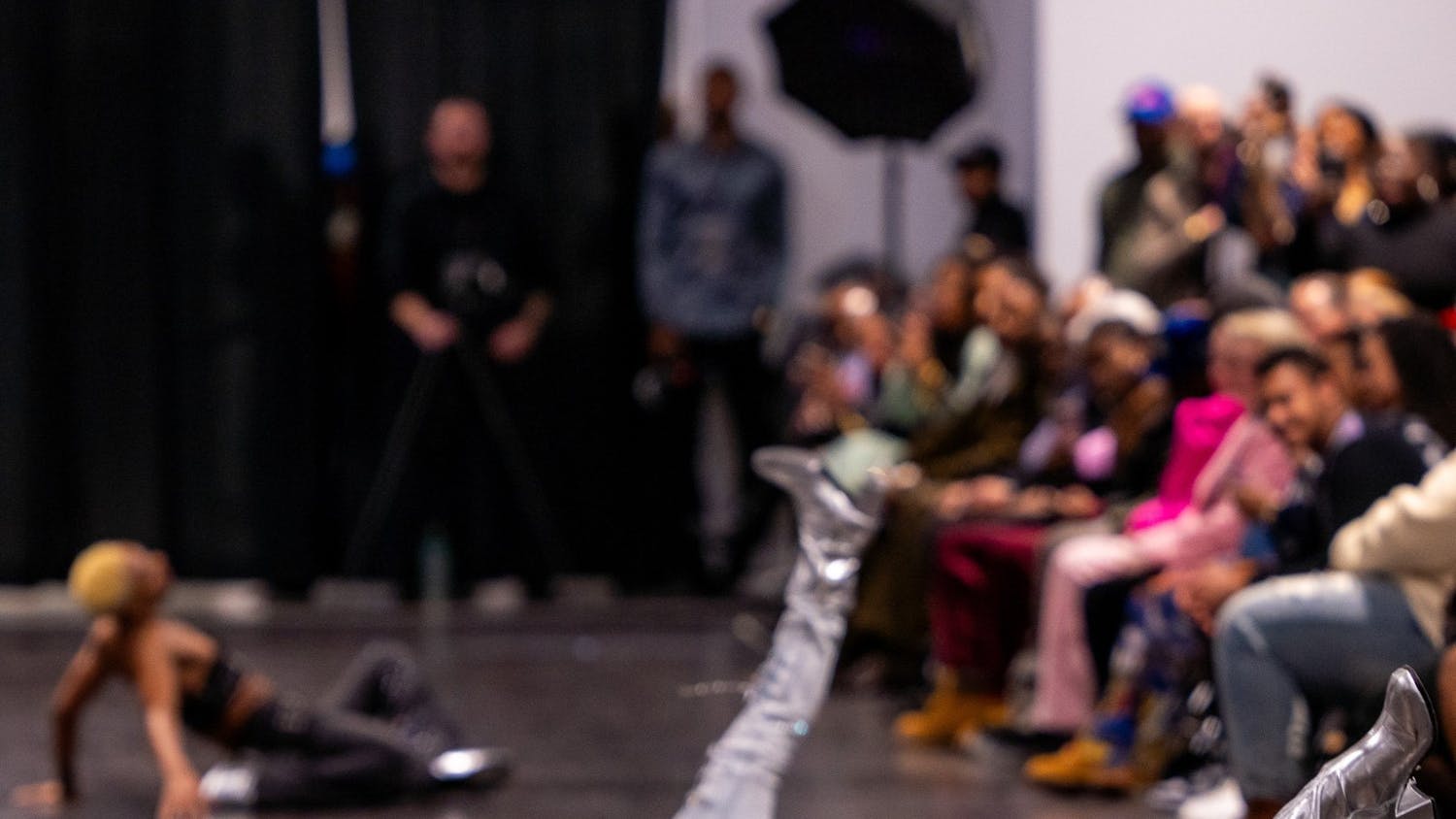I don’t look like my family.
My caramel skin and dark, curly hair stand out in family photos next to my blonde-haired, blue-eyed cousins.
No, I’m not adopted. I’m mixed race, living with my white father in a rural western New York town.
I was never uncomfortable with my race as a kid. In fact, I didn’t know that I was different until I was well into elementary school, and my realization then had less to do with the politics of being one of the only non-white kids in town, and more to do with how my kinky-curly hair would knot more easily than my friends’ smooth, blond locks during our recess beauty shop sessions.
But, as we age, we inevitably segregate ourselves into cliques and friend groups based on shared interests. There are the athletes, the bookworms and the stoners.
But there’s also a group you might remember seeing in your high school cafeteria: the “racially other” group.
As of 2021, the school district I grew up in is 2% Black, 89% white and 2% mixed race, according to Public School Review. And these Black and mixed kids often stuck together. They created their own clique, capitalizing on their shared experiences. Most of them either transferred into the district during high school, or were bussed in from the city as part of the Rochester Urban-Suburban Program. They shared similar socio-economic backgrounds, familial structures and spoke African-American Vernacular English, a dialect spoken in many of their homes.
But I was different.
I am a legacy of Hilton, NY. The Mullen family has lived here for hundreds of years. I even live around the corner from the house my dad grew up in. But until roughly 20 years ago, that family tree was stark white.
I grew up in farm country in quite possibly the first interracial household the area had ever seen. But to many residents’ curiosity, my Black mother was unexpectedly intelligent. She served in the U.S. Army for four years and received masters degrees in both English and creative writing from Brockport College. And, as many people would tell you, she “talks white.”
The notion that I “act white” has haunted me my entire life, as if to say wearing sundresses, reading as a hobby and playing tennis are racially determined characteristics. Growing up in a predominantly white town with two well-educated parents taught me the importance of being respectful, kind and carrying myself intelligently, traits that are often incorrectly associated with whiteness.
But regardless of how eloquently I spoke or how high I held my head, my dark skin was always the first thing my peers saw. I was always the “Black friend.”
I have very vivid memories beginning in elementary school of classmates calling me names like “Oreo,” “Panda” or “Halfrican.” None of them intentionally being racist, but trying to rationalize the concept of being mixed for their own comfort. So I accepted it.
I let them call me names. I let them make Black jokes to me. I smiled and nodded at every attempt they made to understand my “culture.”
But my culture wasn’t any different than theirs. It was the Hilton Apple Festival and the town’s fireman’s carnival. My culture was sleepovers in the hay-loft of my uncle’s cattle farm and screaming “bow down to cow town” at the annual homecoming football game. I wasn’t any different than the kids I grew up with, I just looked a little different.
I began taking a stance against this unintentionally racist behavior in high school. I sat on advisory councils where I guided the school administration on how to integrate POC students into school activities. I corrected people when they called me slurs like “mulatto,” even if they didn’t know that it was a slur at the time. I attended conferences to discuss racial relations in schools. I dedicated myself to changing the culture of my town.
I know the kids from my town were probably confused by and uncomfortable with such an exotic and foreign idea as loving someone outside their own race, but there’s no excuse for being racist.
Don’t call me “Oreo.”
Reilly Mullen is the editor in chief and can be reached at reilly.mullen@ubspectrum.com

Reilly Mullen is the editor-in-chief at The Spectrum. She is a senior majoring in political science with a journalism certificate. She enjoys Dunkin’ iced lattes and Scrabble. A former web, features, news and managing editor, she is a columnist at heart but has covered everything from UB Football to breaking news.





